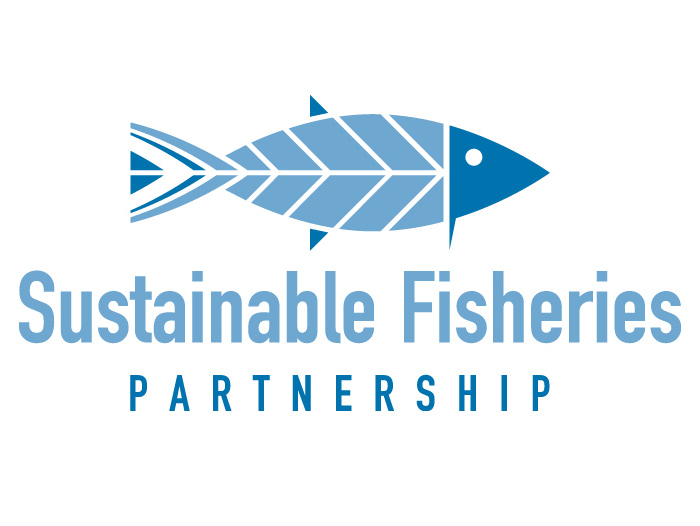New Sustainable Fisheries Partnership Report: Concerns for South American Reduction Fisheries
October 26, 2023 | 4 min to read
A recent report by Sustainable Fisheries Partnership reveals that South American reduction fisheries are declining in management performance, contrasting with improvements seen in European fisheries. Dave Martin highlighted the need for collaboration among industry, science, and government to reverse this trend. Notably, three South American fisheries now score poorly in sustainability, emphasizing the urgency for enhanced regional cooperation and strategic efforts to ensure sustainable fisheries management moving forward.

South American reduction fisheries continue to decline or are stagnant in their management performance, according to a new report by Sustainable Fisheries Partnership (SFP). Compared to 2022, in the sustainability category, two European fisheries improved while two South American fisheries dropped. The majority of fisheries assessed continue to be reasonably well managed or better, but performance has been slowly declining since 2018.
“Six months ago, our last report recognized rebounds and the industry’s role in supporting improvements in key European reduction fisheries. And, in this new report we see two more European fisheries regaining lost ground,” said Dave Martin, program director at SFP. “But South America is headed in the opposite direction. We hope this will motivate industry, science, government and other stakeholders to come together to reverse this trend.”
The 2023 report marks part 1 of the 14th edition of SFP’s assessments. These evaluate key fisheries based on sustainability scores in FishSource, SFP’s public database of fisheries information. Part 2 is expected to be published in March 2024.
South American countries like Chile and Peru are recognized global leaders in the production of marine ingredients. Countries like Chile and Ecuador are also leaders in production of farmed seafood. Throughout SFP’s annual assessments, reduction fisheries in the region have consistently demonstrated middling performance, particularly in FishSource management strategy scores.
The drop in performance of three South American Fisheries* make these three of the four fisheries in the lowest sustainability category (Category C – poorly managed), after recent improvements in European fisheries.
*Anchoveta – Southern Peru/Northern Chile; Anchoveta Chile Valparaíso (V) – Los Lagos (X); and Araucanian herring – Central-South Chile.
The stalled or declining performance in these fisheries, compared with the recent turnaround in several European fisheries, highlights the importance of increased regional cooperation on shared fisheries, and the critical role that pre-competitive industry and multi-stakeholder collaboration has in improving fisheries management.
“There is a clear need for industry, governments, scientists and others to redouble efforts to support and deliver sustainable fisheries,” said Martin.
-30-
About SFP:
Founded in 2006, Sustainable Fisheries Partnership (SFP) is a marine conservation organization working toward a world where the oceans are healthy, all seafood is produced sustainably, and everyone has access to sustainable seafood. We leverage the power of seafood buyers and retailers in every part of the seafood supply chain to rebuild depleted fish stocks, reduce the environmental impacts of fishing and fish farming, address social issues in fishing, and advance economic opportunities for fishers and their communities. Our Supply Chain Roundtables (SRs) allow seafood suppliers to work together in a pre-competitive environment to promote and support improvements in fishery and aquaculture practices, management, and policy. Visit us at www.sustainablefish.org and follow us on Facebook, Twitter, and LinkedIn.
